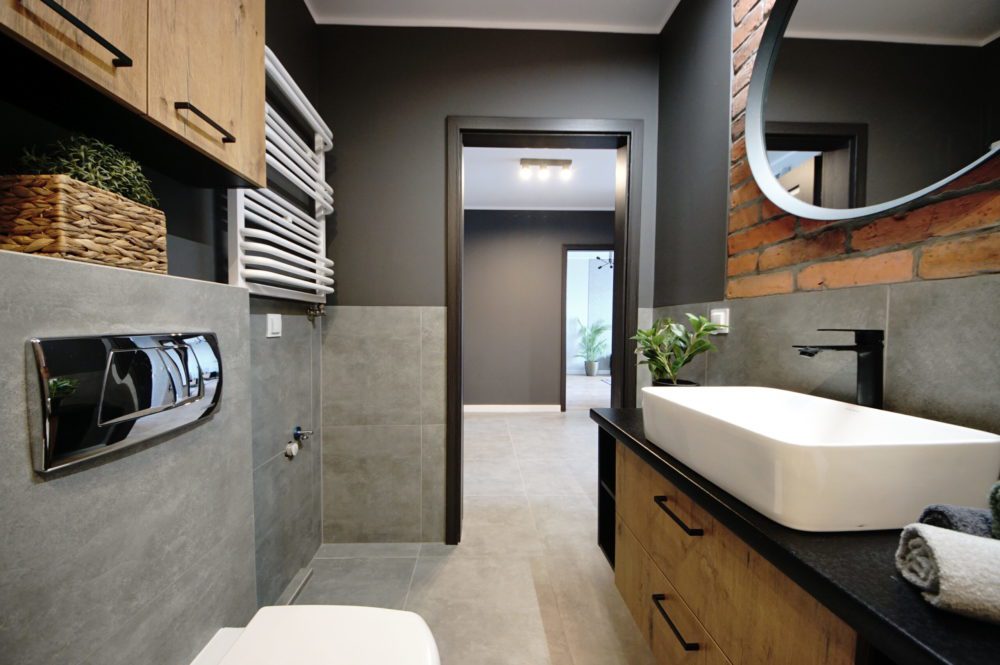Having your “own place” is the dream of every family. When deciding to buy a house, there are many factors to consider. An important aspect will be the living area, as the size will allow the space to be allocated appropriately, while it is important that each householder feels that they have their own corner. Location plays a big part in the context of the choice – for some it will be more important to have peace and quiet and no outside noises, for others it will be easy access to nearby shops. A home should be a place that guarantees a sense of security and comfort for its inhabitants. Our preferences will affect the cost of the property we purchase. Before making a purchase decision, it is important to pay attention to the definitions that exist in the property development industry.
House cost – definitions
When deciding to buy, it’s worth considering your household budget and familiarising yourself with the developer’s terminology. The shell house will include all stages of work to close the “residential building in a block”, but responsibility for organising most of the work may lie with the property owner. In this case, the developer guarantees that the property has windows and doors to lock it from the inside. Turnkey houses, which are a comprehensive solution that ensures you can live in the building immediately, are highly regarded. The owner will not have to worry about carrying out technical work – it is up to the developer to organise this. Most young people are interested in a developer state that includes preliminary finishing of the premises with, among other things, sewage and water installations, floor screed and radiators. In the absence of a “uniform definition”, dwellings in this state will vary in terms of the construction work carried out. This means that services will always depend on the provisions in the sales contract. It is also worth paying significant attention to the cost of finishing the house. What should I bear in mind when buying a development house?
House finishes – what should you look out for?
The lack of a uniform definition means that the potential owner should study the provisions of the agreement prepared for him by the developer, but it is worth remembering that negotiations concerning the standard are possible only before signing it, so it is necessary to read it in detail. It is assumed that the flat in developer condition will allow for the final stage, which is the finishing of the houses. When deciding to buy, it is worth paying attention to whether the building you are buying has installations in place, such as sewage and water systems, electricity and heating. Doing it yourself will incur significant costs. The standard should also include the installation of internal and external window sills, entrance doors and plastering of walls and ceiling. Buying a flat in a developer state will involve carrying out work, with the owner being the person responsible for, for example, installing internal doors, painting or wallpapering walls, installing floor panels and finishing the kitchen and bathroom.
What will be the cost of finishing the house?
Depending on the potential owner’s preferences and budget, the solutions offered may or may not be beneficial. When deciding to buy a shell or shell-and-build house, it is worth remembering that the responsibility for organisation lies with the property buyer. Sometimes the seemingly cheapest solution generates the highest costs – this is connected, among other things, with the final valuation of materials and the services of external construction workers. It is a good idea to read the provisions before signing the sales contract, as this will help you estimate the price. Although buying a turnkey house seems to be the safest option, not everyone will be able to allocate that amount of money. The purchase of such a flat will be an advantageous option for people who care about organising their free time and receiving the keys to the finished premises.


